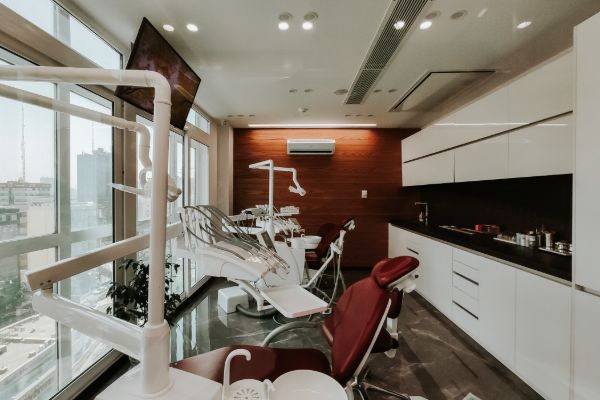Washington, D.C. – The United States officials issue a new set of guidelines to protect pregnant workers against discrimination.
Updated Guidelines
 The government has finally updated the 30-year old guidelines to protect pregnant workers against discrimination. The guideline cites, “the persistence of overt pregnancy discrimination, as well as the emergence of more subtle discriminatory practices.” The Equal Employment Opportunity Commission (EEOC) set the new guidelines, making clear that “that any form of workplace discrimination or harassment against pregnant workers by employers is a form of sex discrimination and illegal. The new set of guidelines also indicates the prohibition of employers from forcing their pregnant workers to take a leave. Employers should also provide them with light duties. Pregnant workers need urgent care clinics and facilities as well.
The government has finally updated the 30-year old guidelines to protect pregnant workers against discrimination. The guideline cites, “the persistence of overt pregnancy discrimination, as well as the emergence of more subtle discriminatory practices.” The Equal Employment Opportunity Commission (EEOC) set the new guidelines, making clear that “that any form of workplace discrimination or harassment against pregnant workers by employers is a form of sex discrimination and illegal. The new set of guidelines also indicates the prohibition of employers from forcing their pregnant workers to take a leave. Employers should also provide them with light duties. Pregnant workers need urgent care clinics and facilities as well.
Benefits to Their Spouses
The new guidelines are beneficial not only to the pregnant workers, but also to their spouses. Men and women who are similarly situated must be treated the same way, especially when it comes to parental leave. Pregnant workers need an urgent care during and even after childbirth. On that note, their spouses take care of them as they cope with their conditions. Their spouses may also need to leave work temporarily to be able to bring their wives to an urgent care clinic, and to provide their wives with physical and moral assistance.
Anti-Discrimination Laws
Settling job discrimination charges out of courts has been an issue in the US. Instead of filing lawsuits against their employers, complainants opt for early settlements. This issue has gained an increased attention and the administration notches up the nation’s reinforcement of its anti-discrimination laws. EEOC Chairwoman Jacqueline A. Berrien said that charges of alleged pregnancy discrimination have increased significantly. Investigations have also revealed the emergence of subtle discriminatory practices and persistence of overt pregnancy discrimination. The EEOC data also imply a 46% increase in pregnancy-related complaints from 1997-2011. Hence, the new guidelines can further protect pregnant workers against discrimination.
Pregnancy Is Not Disability
Pregnant workers, due to their conditions may need a sort of an urgent care near me facility once in a while. But this does not mean that they are unable or disqualify to work. Laura Murphy, director of the Washington Legislative Office said that pregnancy does not justify in excluding women from jobs in which they are qualified to perform. She also added that pregnancy is not a basis for denying women from employment or treating them less favorably than others. Overall, the new set of guidelines to protect pregnant workers against discrimination is a powerful tool.
